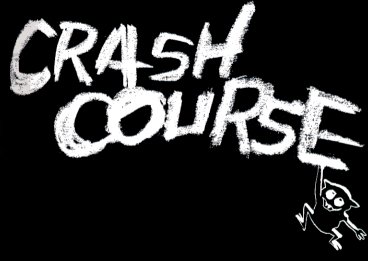

To my mind, one of the most interesting educational applications of the micro lies in its potential for helping those with specific learning problems. Few publishers, however, have directed themselves to this area.
Now IEC Software has come up with some programs useful both with children experiencing certain problems, and with very young children. IEC was set up by educational psychologist, Jo Westwood, who turned to computers to find ways of helping children affected by dyslexia, often known as word-blindness.
Dyslexic children have great difficulty in learning to read, tending to confuse letters such as b and d. Jo decided her pupils needed practice in observing the differences between letters without being distracted by their similarity. A game involving discrimination between two letters linked to pictures and associated words beginning with the sound was needed, The game element had to be particularly strong to sustain the children’s interest, so that they would practise.
Jo, however, was not a programming expert, so the task of writing the game fell to teenager Matthew Wilkes. Matthew came to Jo’s notice when, having been fooling around in class, his teacher asked him to write 50 lines — ‘I must learn to use my good brain wisely'! The lines were duly done, but were not handwritten on school paper. They had been printed from a computer using an italic script! Jo seized the opportunity, and channeled Matthew’s ‘good brain’ towards writing a program to her design, and so IEC Software was conceived.
Unfortunately, the company is finding it difficult getting its games accepted by the retailers, who seem to turn down small software firms on principle, regardless of the quality of their product. I hope IEC succeed in their aim of getting on the shelves of the High Street stores, but if you have problems tracking down the games, they can be obtained direct from IEC. The retail price of each of the cassettes for the 48K Spectrum is £8.95.